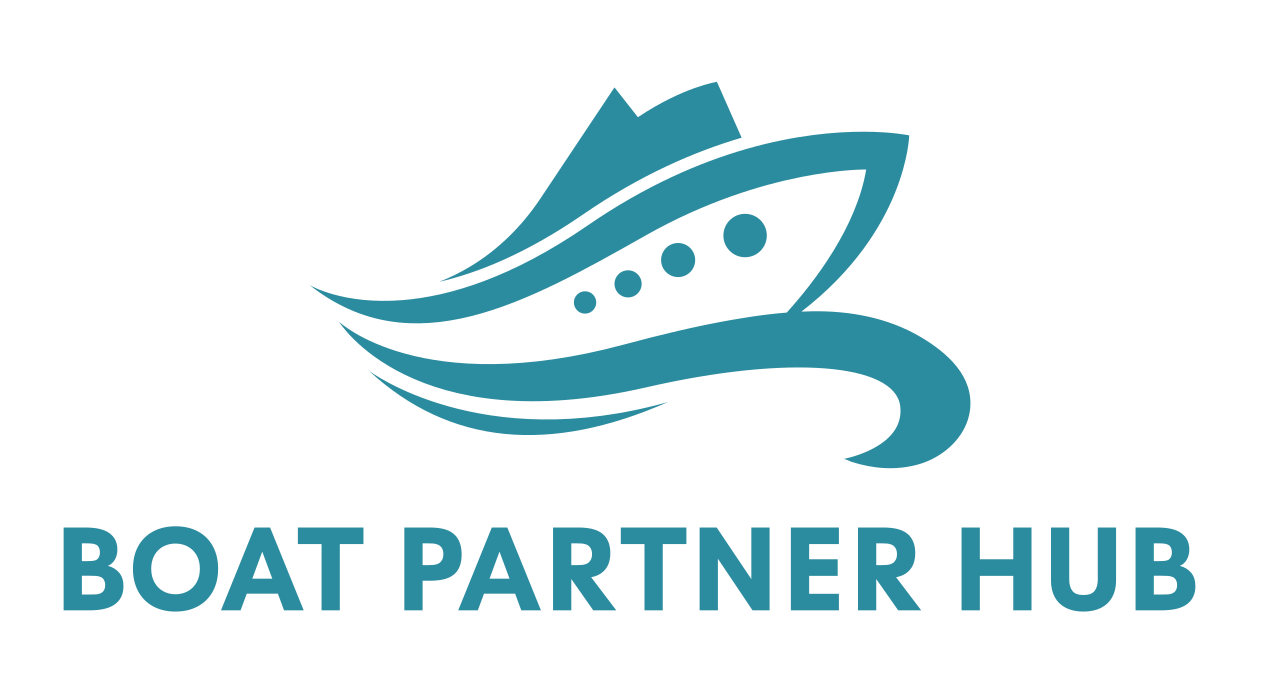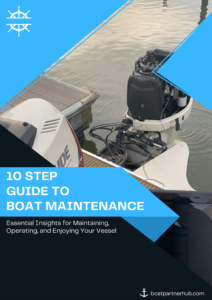Blog
Boating Alone: Safety Tips

Safeguarding Solitude: Essential Safety Tips for Boating Alone to Enjoy Peaceful Waters
Boating alone can be a tranquil and liberating experience, allowing you to enjoy the water at your own pace and reconnect with nature. However, it also comes with unique challenges and safety considerations. When you’re the sole operator and crew on your boat, being well-prepared and cautious is paramount. In this comprehensive guide, we will provide you with essential safety tips to ensure a safe and enjoyable solo boating experience. By following these guidelines, you can navigate the waters with confidence and make the most of your solitary journey.
1. Check the Weather
Before heading out, always check the weather forecast for your boating area. Avoid venturing out during adverse weather conditions, such as storms or high winds. Sudden weather changes can pose significant risks when you’re alone on the water.
2. Inform Others
Let someone know your boating plans, including your intended route and estimated return time. Provide them with your contact information and instructions to call for help if you don’t check in as expected.
3. Wear a Life Jacket
Always wear a properly fitting life jacket when boating alone. A life jacket can be a life-saving device, especially in emergencies or if you fall overboard.
4. Practice Man Overboard Drills
Before setting out on a solo boating trip, practice man overboard drills to prepare for emergencies. Know how to quickly and safely recover a person who has fallen overboard.
5. Carry Safety Equipment
Ensure you have the necessary safety equipment onboard, such as a marine VHF radio, a whistle or air horn, flares, a first aid kit, and a signaling mirror. These items can be crucial in getting help during emergencies.
6. Monitor Battery and Fuel Levels
Keep a close eye on your boat’s battery and fuel levels. Running out of power or fuel while boating alone can leave you stranded. Maintain a full fuel tank and carry spare batteries if needed.
7. Be Cautious in Remote Areas
When boating in remote areas, be extra cautious. Limited access to help and resources means you must be self-reliant and prepared to handle potential challenges.
8. Use Navigation Aids
Rely on navigation aids such as GPS and nautical charts to maintain your bearings and avoid getting lost. Be familiar with your boat’s navigational equipment.
9. Practice Situational Awareness
Stay vigilant and aware of your surroundings. Watch for other boats, obstacles, and changing weather conditions. Avoid distractions while operating your boat.
10. Avoid Alcohol
Never consume alcohol or drugs while boating alone. Impairment can lead to poor decision-making and increase the risk of accidents.
11. Secure Your Belongings
Ensure all items on your boat are securely stowed. Unsecured gear can become dangerous projectiles in rough waters.
12. Know Your Limits
Be honest about your boating skills and experience. Don’t attempt maneuvers or conditions beyond your capabilities.
13. Maintain Communication
Stay in communication with others while on the water. Check in with friends or family periodically, especially during extended trips.
14. Have a Float Plan
Create a float plan detailing your boating route and share it with someone on land. Include information about your boat, emergency contacts, and your estimated return time.
Conclusion
Boating alone offers a unique and rewarding experience for boaters who seek solitude and freedom on the water. By prioritizing safety and following these essential tips, you can ensure a safe and enjoyable solo boating adventure. Remember to be prepared, stay cautious, and make informed decisions while navigating the waters alone. With the right mindset and precautionary measures, you can create lasting memories and relish the tranquility of boating solo, knowing you’ve taken the necessary steps to stay safe and secure on your maritime journey.
FAQs
- Is it safe to boat alone at night? Boating alone at night can be riskier due to reduced visibility and the potential for increased hazards. It’s best to avoid nighttime boating if you’re inexperienced or in unfamiliar waters.
- Do I need a marine VHF radio for solo boating? A marine VHF radio is highly recommended for solo boaters, as it allows you to communicate with other vessels and call for help in emergencies.
- What should I do if I encounter a problem while boating alone? Stay calm and assess the situation. If you can’t resolve the issue, use your marine VHF radio to call for assistance and follow your float plan to notify someone on land.
- Can I use a personal locator beacon (PLB) for solo boating? Yes, a PLB can be a valuable safety device for solo boaters. It transmits your


